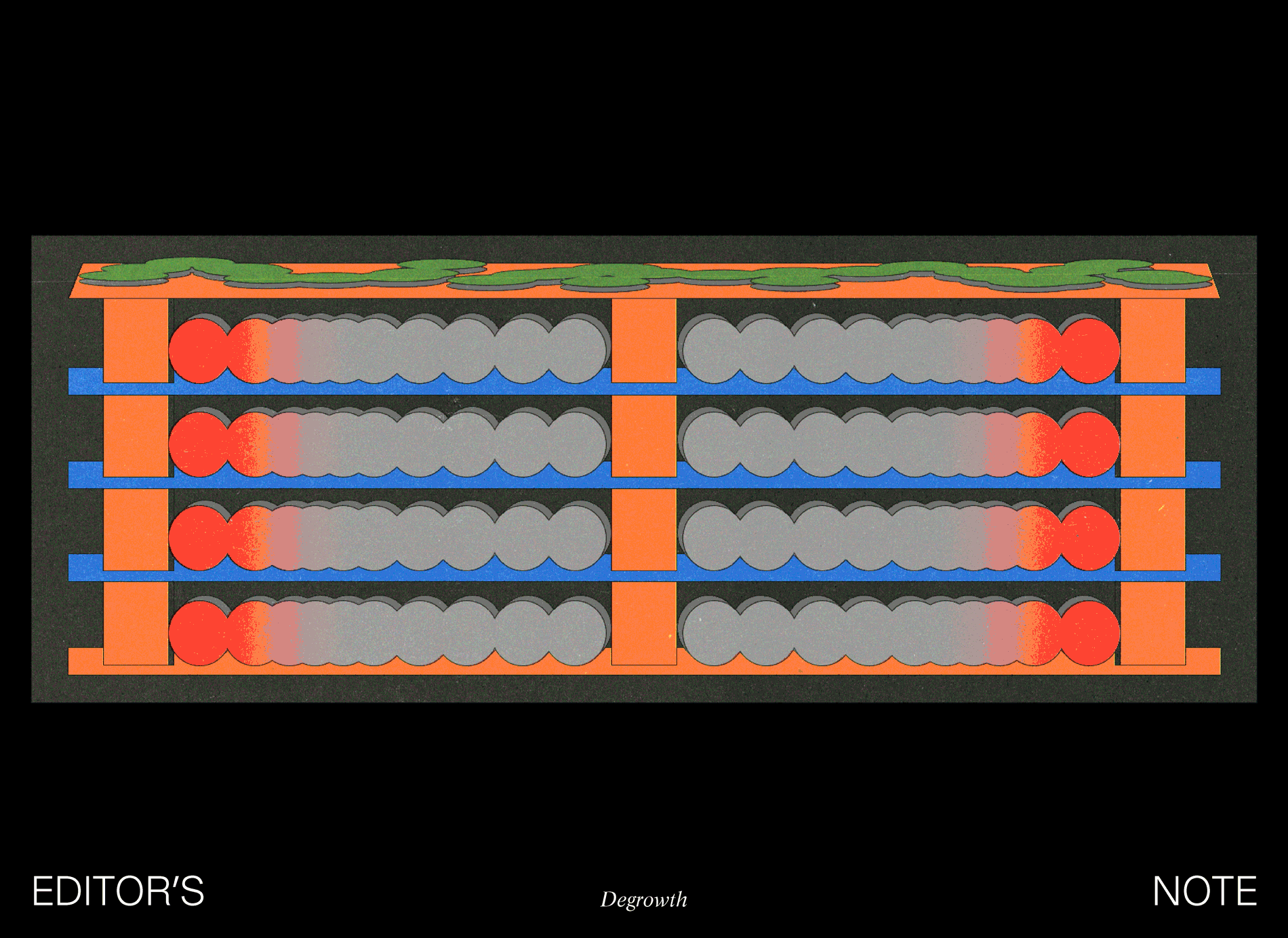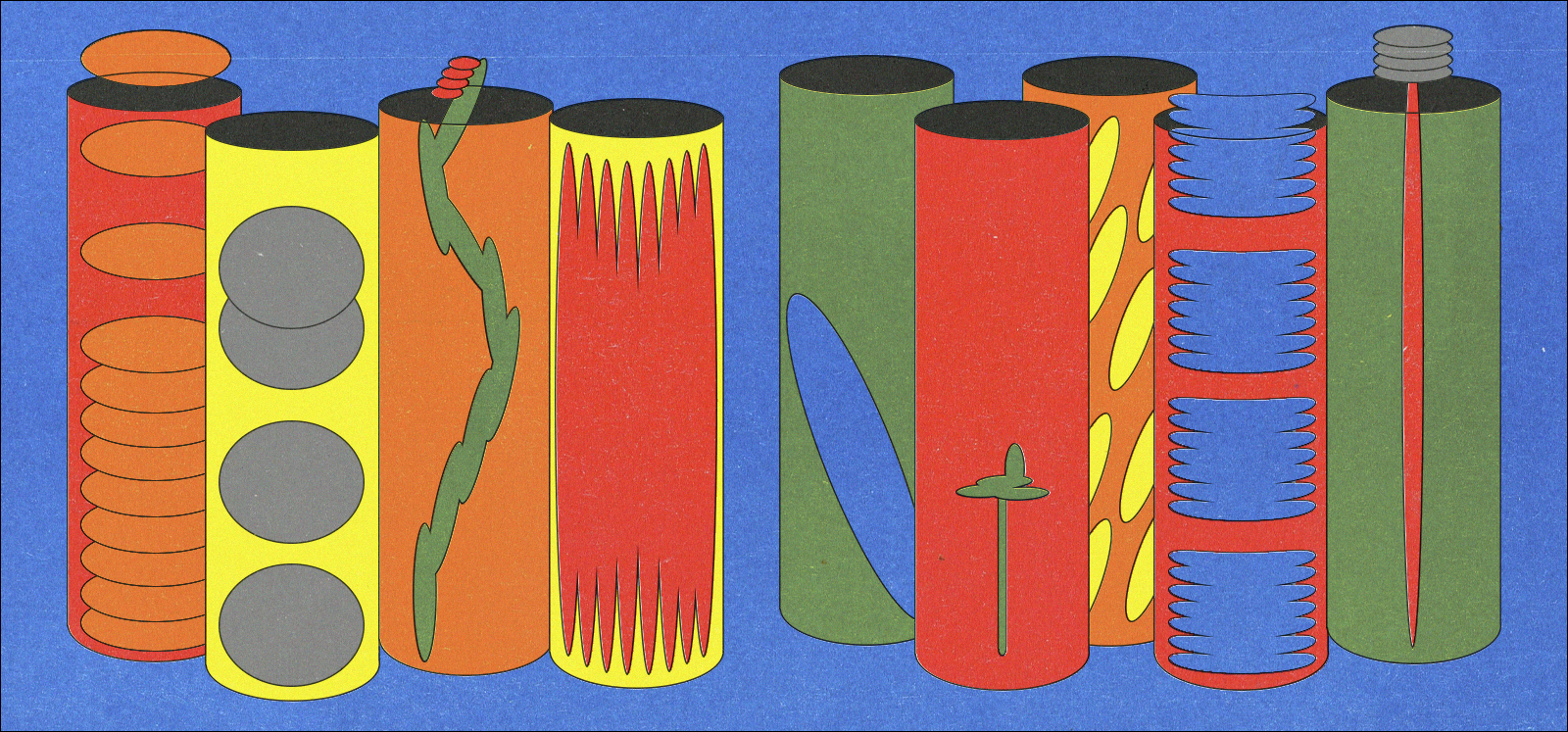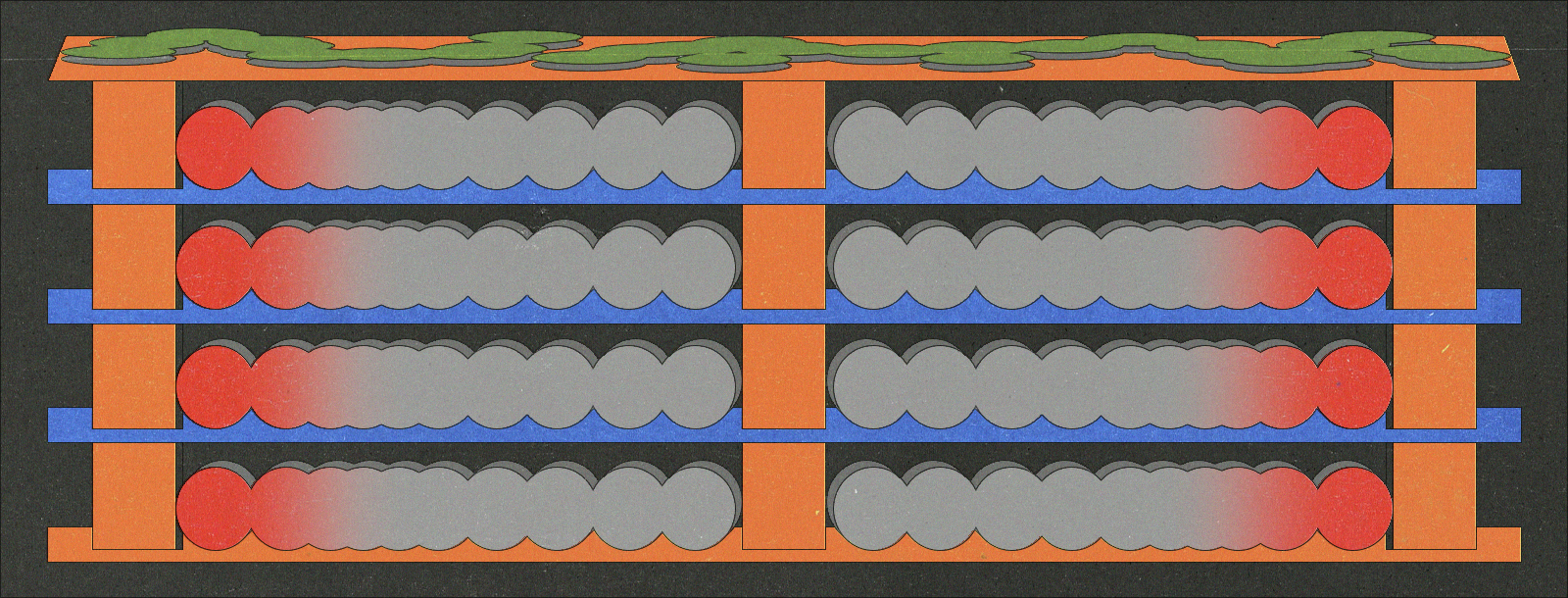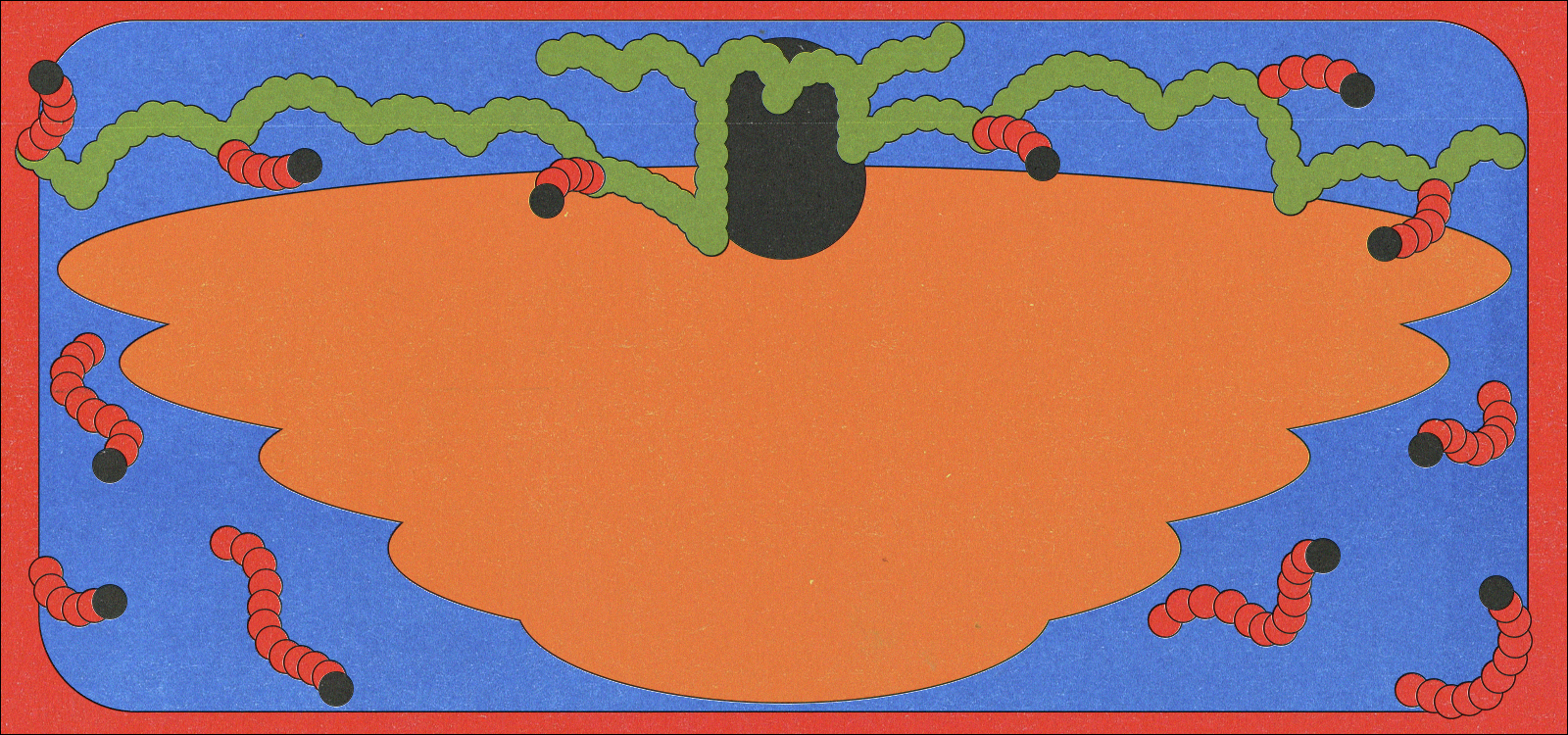The COVID-19 crisis has laid bare the fragility of the systems that uphold our current habits of consumption. In response, communities of care and alternative systems have taken root. We are beginning this month, a little over a year since the beginning of the pandemic, with a meditation on the term degrowth, a word that seems to encapsulate this collective shift. This month’s editorial series is inspired by the Degrowth movement, which calls for a radical change in societal metabolism away from a focus on infinite economic growth and toward a more resilient society based on self-sufficiency, sharing, care, and justice.
In this 5-part series, Julia Carmel hones in on the desire for community and self-sufficiency this moment has bred in her interview with Gerald Stafford, a British gardener who has charmed even the most jaded of social media natives with his at-home gardening advice and “big veg”.
We delve into how the concept of degrowth challenges us to reevaluate our relationship to land, to agriculture and to community. Lexie Smith sits down with community organizer and Degrowth advocate Jamie Tyberg to discuss how the movement can provide a pathway towards decolonization and serve as an alternative framework to inform a more engaged and equitable food system.
Alyshia Galvez speaks with chef and educator Sean Sherman about his work building the future of indigenous foodways, arguing that indigenous knowledge is not a relic of the past but rather an actionable blueprint for navigating and reforming a broken food system. We talk to Star Route Farm, a farm that is transitioning into producing solely for mutual aid, about creating a food supply chain where feeding one’s neighbors is the driving priority. I also interview the philosopher Kate Soper on what pleasure and delight can look like in a post-growth society.
Degrowth proposes a future that operates out of abundance rather than scarcity. As we enter the spring, a season of new life and new beginnings, we consider the stories of these individuals and their communities as well as the promises they hold for our collective future.
With hope and gratitude,
Isabel





